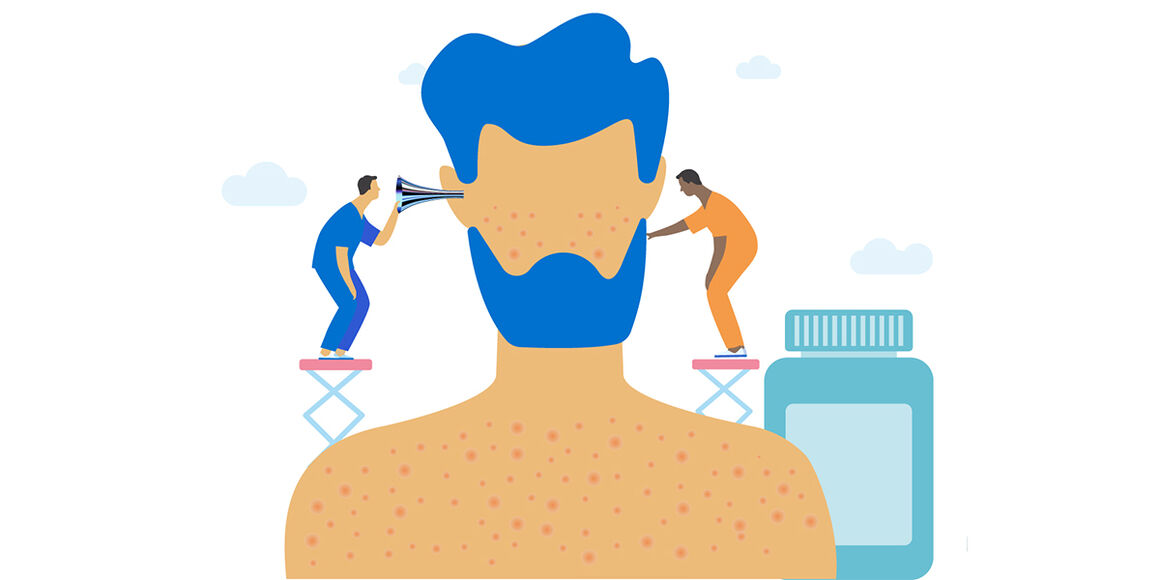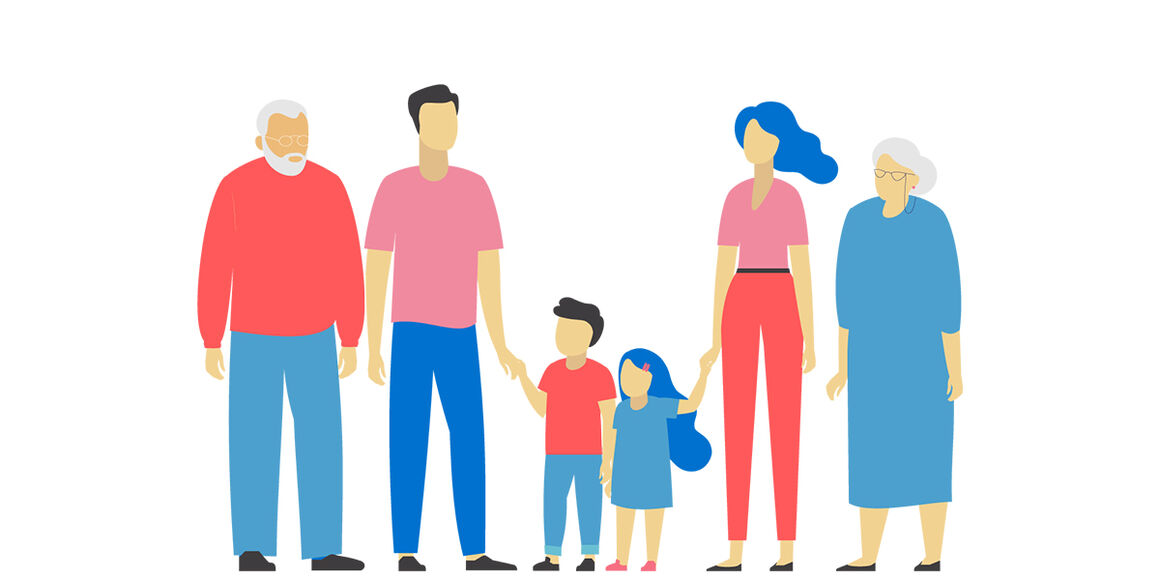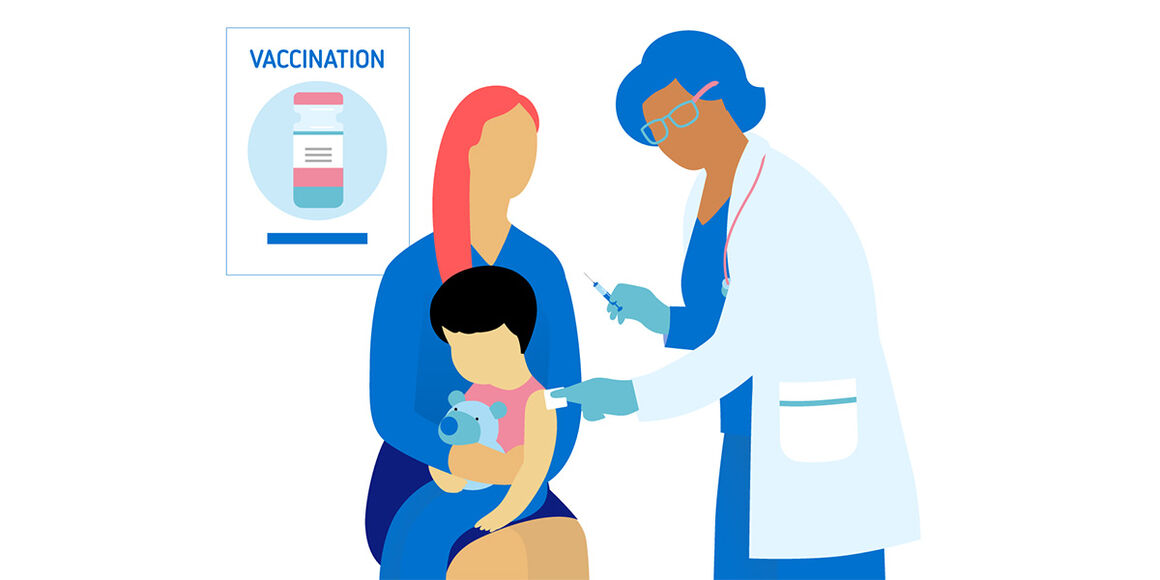Rubella
What is rubella?
Rubella (German measles) is a viral infection. In healthy individuals it is usually a mild disease. However, if a woman gets rubella during the first three months of pregnancy, it is very likely to result in miscarriage or a baby born with congenital anomalies known as congenital rubella syndrome (CRS). CRS can lead to deafness, cataracts and learning disabilities in the baby.

What are the symptoms of rubella?
Up to 50% of people infected with rubella do not experience symptoms. When symptoms do occur, they include:
- red rash;
- swollen lymph glands around the ears and the back of the head;
- pain and inflammation of the joints in adults.
What are the complications of rubella?
The consequences for unvaccinated pregnant women that get rubella are particularly severe, due to the likelihood that contracting the disease during pregnancy can lead to miscarriage or CRS in their babies.

How is rubella spread?
The rubella virus is spread via airborne droplets produced when the infected person coughs and sneezes.
Who is at risk of rubella?
Anyone who has not had the disease or who has not been vaccinated with the MMR vaccine is at risk of contracting rubella.

How can rubella be prevented?
The only protection against rubella is vaccination. The MMR (measles, mumps and rubella) vaccine is a combination vaccine that protects against measles, mumps and rubella. The MMR vaccine is safe and effective and has very few side effects. Mild reactions such as fever, redness or swelling at the injection site have been reported. Some vaccine recipients develop a non-infectious mild measles-like rash, typically 7-14 days after vaccination, which disappears within 1-3 days.
Two doses of the vaccine are needed for maximum protection. The first dose is given between 10 and 18 months of age in most European countries. The second dose can be given one month or more after the first dose, in accordance with the national vaccination schedule.
Women who plan to become pregnant should check their vaccination status, as they cannot be vaccinated against rubella during pregnancy.
How is rubella treated?
There is no specific treatment for rubella. Treatment is aimed at relieving the symptoms.
For more information check the ECDC website: https://www.ecdc.europa.eu/en/rubella/factsheet
Note: The information contained in this factsheet is intended for the purpose of general information and should not be used as a substitute for the individual expertise and judgement of a healthcare professional.
More factsheets
Diphtheria
Key facts on diphtheria, symptoms, complications, risk factors, how it spreads, prevention, and treatment.
Hepatitis A
Key facts on hepatitis A, symptoms, complications, risk factors, how it spreads, prevention, and treatment.
Human papillomavirus (HPV)
Key facts on HPV, symptoms, complications, risk factors, how it spreads, prevention, and treatment.
